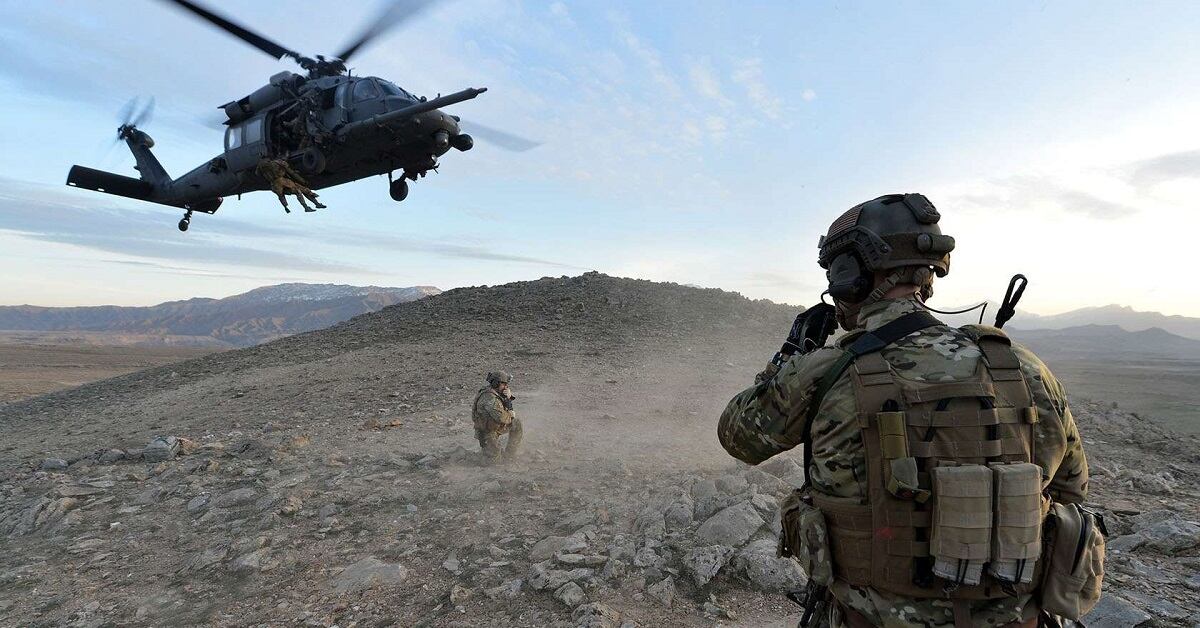The Air Force isn’t necessarily known for its small arms programs, but aircrews are about to get a longer range stand-off rifle to use if they are ever shot down behind enemy lines.
The weapon is officially named the GAU-5A Aircrew Self Defense Weapon. It’s a variant of the M4 carbine with a modified quick-release barrel designed by Cry Havoc, according to Maj. Docleia Gibson, an Air Combat Command spokeswoman.
“The [GAU-5A] and four full magazines, 30 rounds [each], must all fit in the ejection seat survival kit,” Gibson said in an emailed statement. “This has driven the dimension of 16 x 14 x 3.5 inches.”
That design gives pilots 120 rounds — about two magazines shy of a full load-out on a ground troop’s personal kit — during an evasion scenario.
RELATED
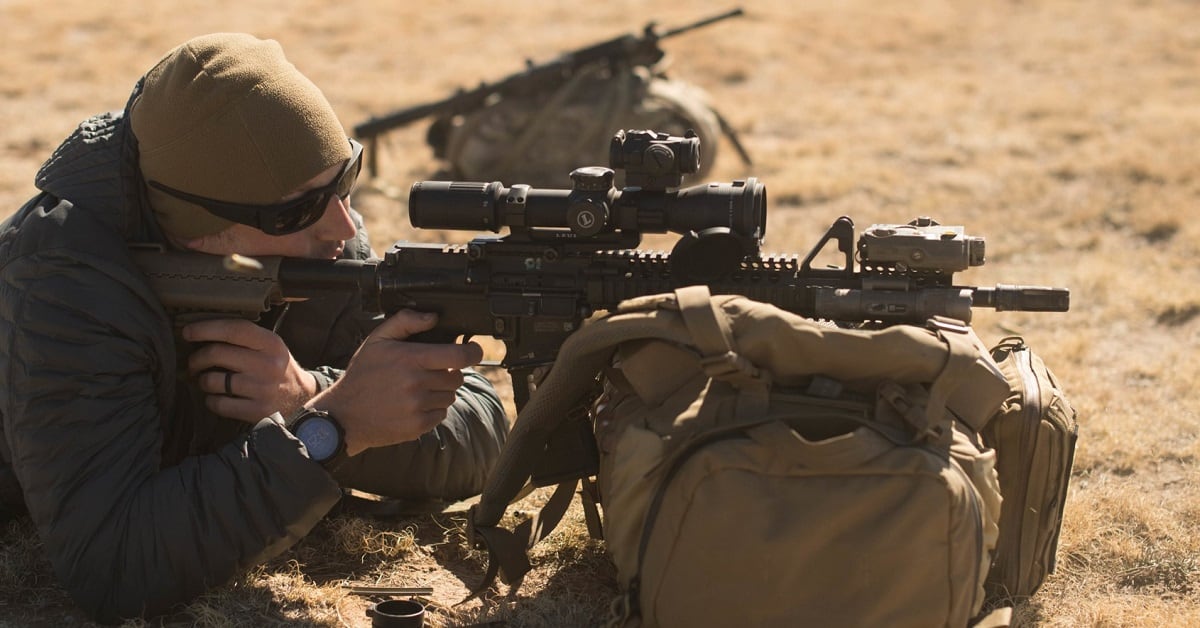
The unique barrel design can reportedly be assembled and fired in 60 seconds with no tools, “even in low light,” according to Cry Havoc’s website.
The assembly does not require a user to line up any tiny, hard-to-find gas access holes with a gas tube on the rifle, nor does it require a twist of the system. The rifle simply has a pair of quick releases where the barrel meets the main assembly.

Like the M4 carbine it is based off, the GAU-5A is a semi-automatic carbine capable of a three-round burst. It uses a standard 5.56mm round with an effective range beyond 200 meters.
“The [GAU-5A] is designed for all combat-coded ejection aircraft,” Gibson said.
That means it will be included in the survival kits of A-10, B-1, B-2, B-52, F-15C, F-15E, F-16 and F-22 aircraft.
The GAU-5A is being built and converted by the U.S. Air Force Gunsmith Shop at Joint Base San Antonio-Lackland, Texas. In total, 2,137 weapons are expected to be fielded, Gibson said.
RELATED
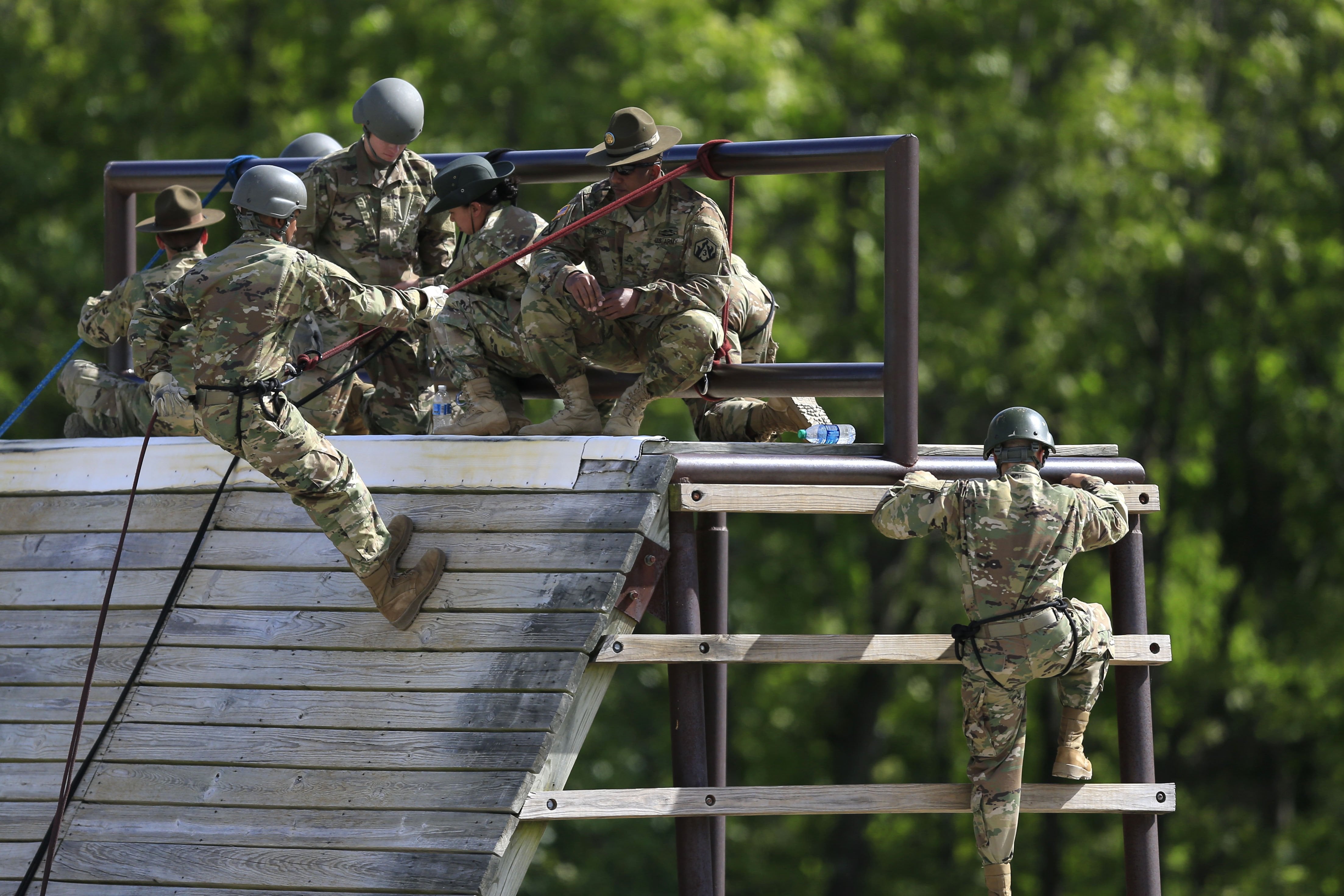
The weapon is being produced at a rate of 100 per week, but some weapons are already in use, stowed away on-board aircraft.
Prior to the introduction of this weapon system, pilots who found themselves in a downed-aircraft scenario were forced to rely on their personal sidearm for self defense.
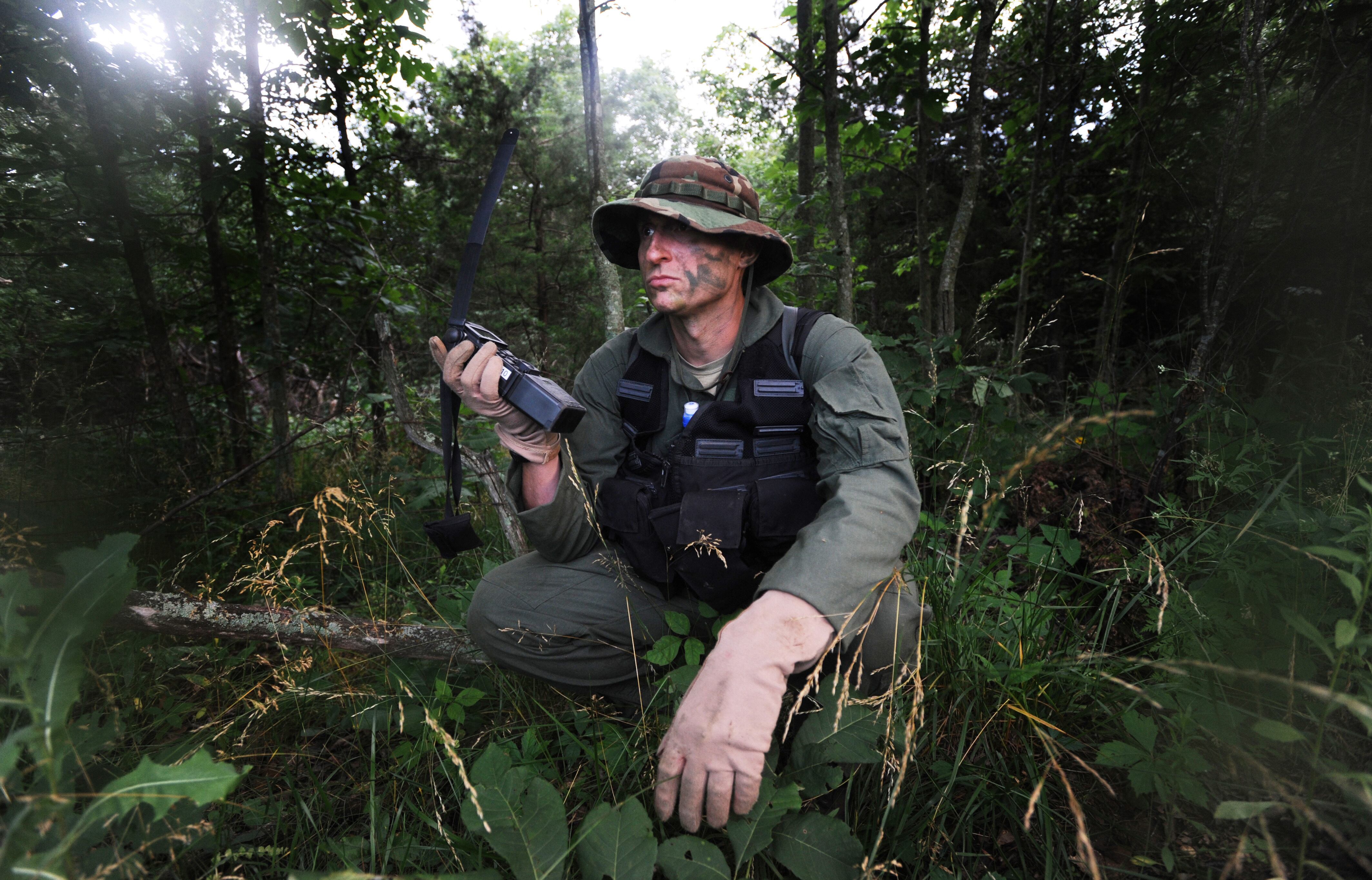
Earlier this year, a Russian pilot’s Sukhoi-25 ground-attack aircraft was shot down over Idlib province in northwestern Syria. The pilot survived ejection, but died in an ensuing ground fight with Syrian rebels.
Such an event is rare given the lack of air-to-ground weapons used by insurgent forces in Iraq, Syria and Afghanistan, but it does highlight the dangers these conflicts still pose to aircraft providing close-air support, particularly strafing runs, for friendly forces.
That danger was evidenced by a recent Distinguished Flying Cross citation for an A-10 pilot who dodged “accurate surface-to-air fire” while providing close air support for U.S. troops fighting in Syria in January.
As the U.S. military prepares for an era of great power competition with more powerful state-level air forces, like those of Russia and China outlined in the 2018 National Defense Strategy, the threat to aircrews may be returning to the spotlight.
RELATED
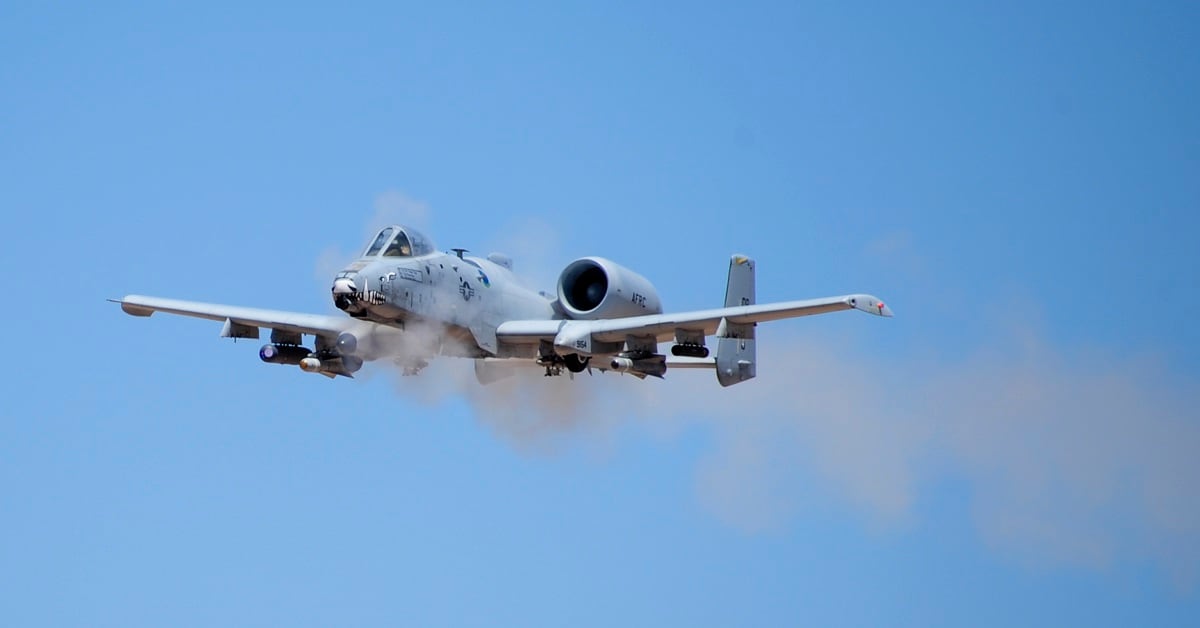
Kyle Rempfer was an editor and reporter who has covered combat operations, criminal cases, foreign military assistance and training accidents. Before entering journalism, Kyle served in U.S. Air Force Special Tactics and deployed in 2014 to Paktika Province, Afghanistan, and Baghdad, Iraq.
